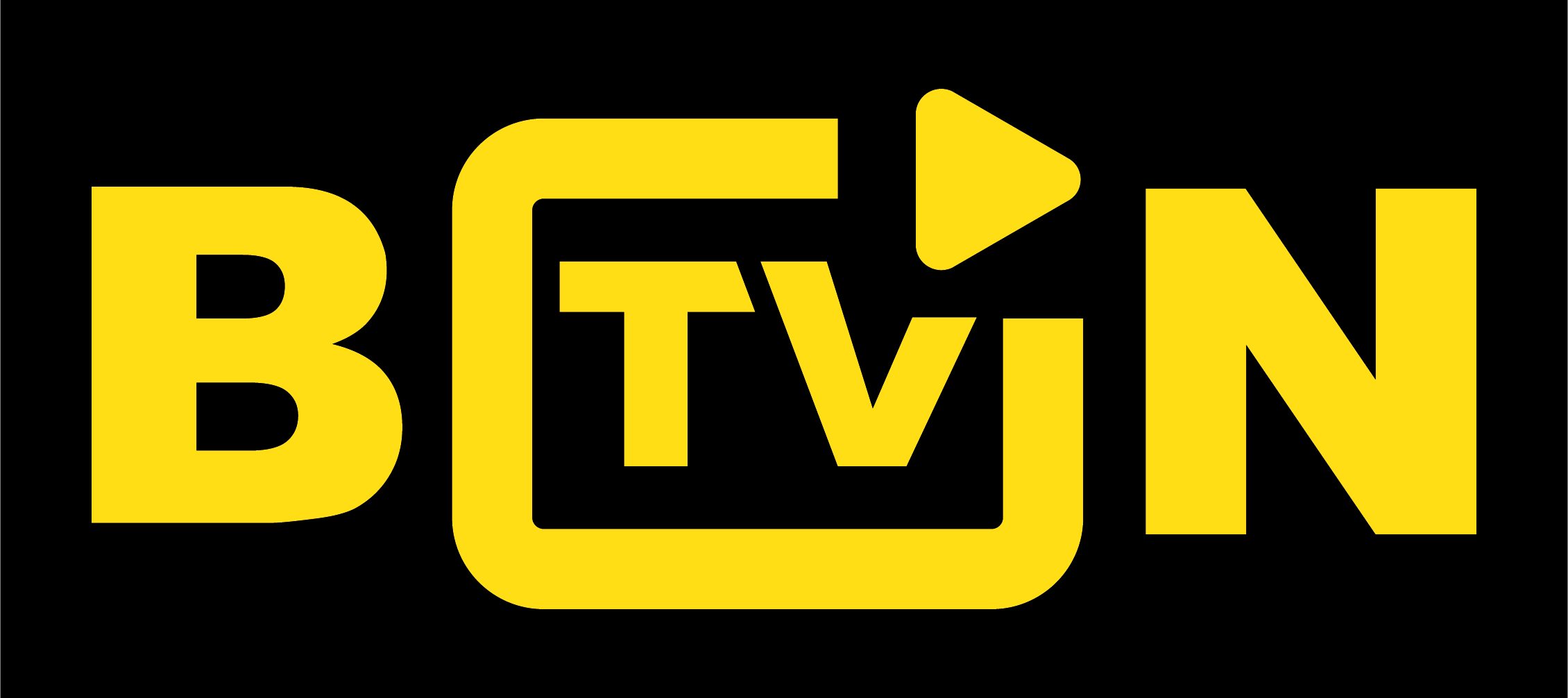Tennessee Gov. Bill Lee signed a bill to restrict public drag show performances last Thursday. The bill was passed by the state Senate to protect children from viewing the performances.
While new laws typically go into effect on July 1, the bill was quietly amended in January to take effect on April 1; ahead of Pride month in June.
The bill limits “adult cabaret performances” on public property. According to the bill, adult cabaret performances include “topless dancers, go-go dancers, exotic dancers, strippers, male or female impersonators who provide entertainment that appeals to a prurient interest, or similar entertainers.”
Video by Cheyenne Elizarraras
“The law bans obscene performances, and drag performances are not inherently obscene,” said ACLU of Tennessee Legal Director Stella Yarbrough. The way the law is written, she says, should not make drag shows illegal in the state.
The word “drag” does not appear in the Tennessee bill. Instead, it changes the definition of adult cabaret in Tennessee’s law to mean “adult-oriented performances that are harmful to minors.”
The wording of the bill brings concerns because the drag performers were defined as “male or female impersonators.”
“It’s…this subtle and sinister way to further criminalize just being trans,” said Transgender Activist of the Tennessee ACLU, Henry Seaton.
Business owners are also becoming worried about the wording of the bill. Wendy Williams holds drag performances at her bar, Club Temptation, in Cookeville, Tennessee, and is unsure if she will have to recategorize the bar as a strip club.

“It’s very vague,” said Williams. “So I don’t understand how it’s gonna affect me, which worries me.”
Drag does not typically involve nudity or stripping, which are more common in the separate art of burlesque. Explicitly sexual and profane language is common in drag performances, but such content is avoided when children are the target audience. At shows meant for adults, venues or performers generally warn beforehand about age-inappropriate content.
Both Lee and Republican State Rep. Jack Johnson, who co-sponsored the bill, claim this bill is not targeting any group of people or specifically banning drag shows in public.
Lee gave his signature just hours after the measure passed in the Senate Thursday afternoon. In the same sitting, Lee signed a ban on gender-affirming health care for youth in Tennessee. This occurred after a photo recently resurfaced of Lee dressed as a woman at an old high school football game.
“Apparently when straight men dress up badly in drag, that’s OK. But when gay and queer and trans people do it, that’s not OK,” said Hella Skeleton, a Tennessee drag performer.

Recently, clips of an interview Jon Stewart did with Oklahoma State Senator Nathan Dahm began circulating on the internet. In the interview, Stewart highlighted the hypocrisy in Dahm’s support of the public drag show ban to protect children while fighting against stricter gun laws.
“What you’re telling me is you don’t mind infringing free speech to protect children from this amorphous thing that you think of,” said Stewart, “but when it comes to children that have died you don’t give a flying fuck to stop that because that shall not be infringed.”
First-time violators may be charged with a Class A misdemeanor that is punishable by a $2,500 fine and up to a year in prison. Any subsequent offenses will be classified as a Class E felony.
Across the country, conservative activists and politicians complain that drag contributes to the “sexualization” or “grooming” of children. Several states are considering restrictions, but none has acted as fast as Tennessee. The efforts seek to extinguish popular “drag story hours” where drag queens read to kids.
“We’re protecting kids and families and parents who want to be able to take their kids to public places. We’re not attacking anyone or targeting anyone,” Johnson said.
States including Idaho, Kentucky, North Dakota, Montana, Oklahoma and Utah, are considering similar bans to the Tennessee bill.






















